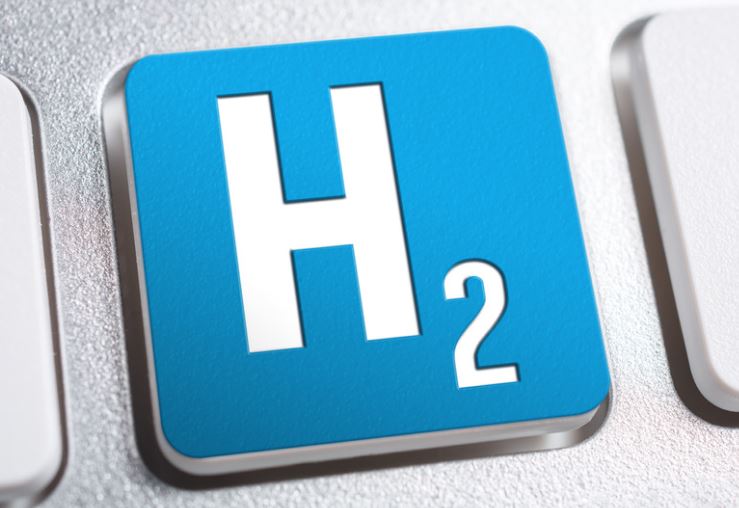As hydrogen’s role in the energy transition continues to evolve, the deployment of clean hydrogen remains a pivotal aspect of decarbonization strategies.
Despite hydrogen serving as a crucial industrial feedstock in various sectors, its production largely relies on fossil fuels, presenting significant carbon intensity challenges. Hydrogen consumption estimates suggest a rise to 100 million tonnes by 2024, compelling a strategic focus on decarbonizing existing uses and guiding its application in sectors where it offers the highest carbon abatement potential.
In 2022, global hydrogen production reached 95 million tonnes, primarily facilitated through carbon-intensive processes such as natural gas steam methane reforming (SMR) and coal, which collectively account for more than 99% of production. These pathways yield significant carbon emissions, with natural gas and coal releasing upwards of 17 kg and 30 kg of CO2 equivalent per kilogram of hydrogen, respectively. In contrast, less than 1% of hydrogen production leverages renewable electricity or employs carbon capture technologies, which significantly curtail emissions to below 10 kg per kilogram of hydrogen. The predominance of hydrogen usage occurs in refining, ammonia production, and the broader chemical sector, with ammonia production itself accounting for substantial emissions due to reliance on unabated hydrogen primarily sourced from natural gas.
Sector-Specific Hydrogen Deployment Strategies
Policymakers are tasked with prioritizing clean hydrogen use in sectors where direct electrification is unfeasible, integrating techno-economic analyses, and lifecycle greenhouse gas emissions assessments. For example, in sectors like steel production and refining, clean hydrogen serves a critical function as an industrial feedstock. In steel manufacturing, traditional coal dependency poses environmental challenges, which hydrogen can mitigate via direct reduced iron (DRI) pathways, considerably diminishing carbon emissions.
Conversely, sectors where electrification presents the most viable solution, such as road transport and residential heating, should be excluded from hydrogen deployment strategies, given the inefficiency and higher carbon abatement costs associated with hydrogen-based solutions. In road transport, the lifecycle emissions associated with hydrogen fuel cell vehicles overshadow those emanating from battery electric vehicles (BEVs), due to additional production and processing emissions. Likewise, hydrogen use in residential heating demonstrates markedly lower efficiency compared to heat pumps, further reinforcing the need for direct electrification in these areas.
Clean hydrogen deployment should prioritize existing applications in industries like refining, chemicals, and steel, while expanding into hard-to-abate sectors such as shipping and aviation, where it can facilitate the production of alternative fuels like e-methanol or green ammonia. For these sectors, national strategies should incorporate incentives to bridge the commercialization gap, such as Contracts for Difference (CfDs) and dedicated funding mechanisms reminiscent of the Dutch SDE++ scheme.
Furthermore, policymakers must abandon hydrogen applications in sectors where direct electrification provides a superior and cost-efficient decarbonization method. By establishing science-based guardrails, unnecessary consumption of valuable renewable resources in hydrogen production for unsuited sectors can be avoided, ensuring hydrogen is deployed where its carbon abatement potential is maximized.
Investment in Research, Development, and Demonstration (RD&D)
An essential component of bridging the commercialization gap for clean hydrogen involves significant investment in RD&D. Increasing funding for alternative clean hydrogen production pathways remains crucial, particularly in sectors unable to directly electrify. Investing in innovative methods, such as thermochemical approaches, aids in diversifying the hydrogen supply chain while reducing reliance on renewable electricity. Furthermore, accelerating hydrogen-related infrastructure developments, including transportation and storage solutions, is integral to overcoming upstream challenges.
Stay updated on the latest in energy! Follow us on LinkedIn, Facebook, and X for real-time news and insights. Don’t miss out on exclusive interviews and webinars—subscribe to our YouTube channel today! Join our community and be part of the conversation shaping the future of energy.





